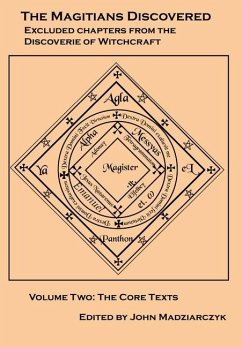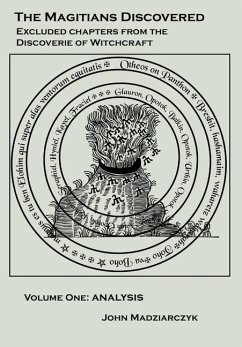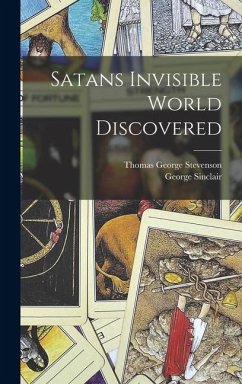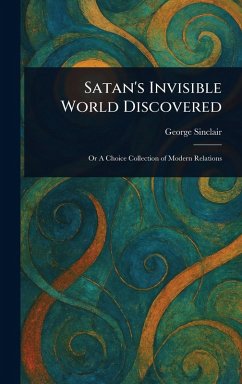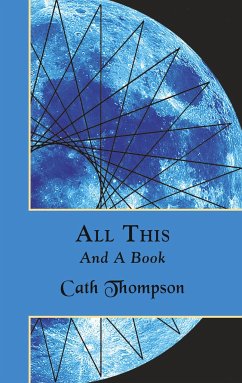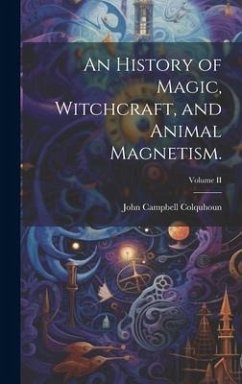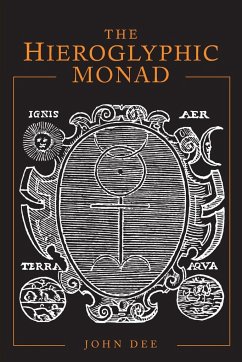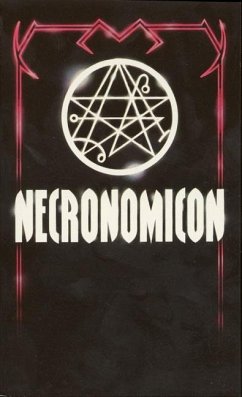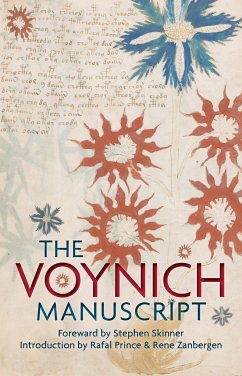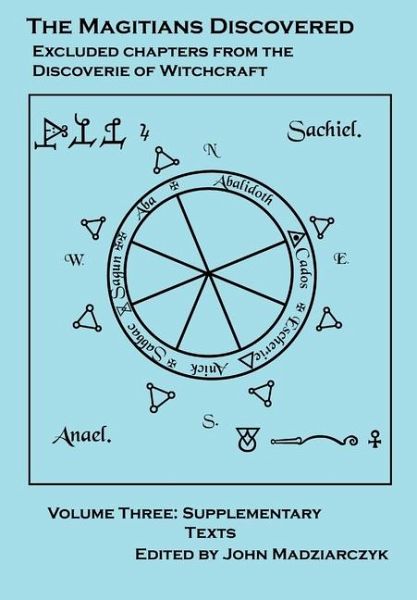
Magitians Discovered Volume 3
Supplementary Texts
Versandkostenfrei!
Versandfertig in über 4 Wochen
51,99 €
inkl. MwSt.
Weitere Ausgaben:

PAYBACK Punkte
26 °P sammeln!
In 1665 an anonymous treatise on magic, by magicians, was added to a book skeptical of witchcraft, "The Discoverie of Witchcraft". The "Magitians Discovered" series examines that anonymous material. This volume contains texts that are foundational for understanding that material, plus texts that are related to the arguments about the material made in the first volume. These texts include selections from Henry Cornelius Agrippa's "Three Books of Occult Philosophy", about the theory and practice of magic; selections from his "Fourth Book"; selections from Olaus Magnus' "Description of the Northe...
In 1665 an anonymous treatise on magic, by magicians, was added to a book skeptical of witchcraft, "The Discoverie of Witchcraft". The "Magitians Discovered" series examines that anonymous material. This volume contains texts that are foundational for understanding that material, plus texts that are related to the arguments about the material made in the first volume. These texts include selections from Henry Cornelius Agrippa's "Three Books of Occult Philosophy", about the theory and practice of magic; selections from his "Fourth Book"; selections from Olaus Magnus' "Description of the Northern Peoples" about pagan customs, giants, standing stones, witches, and related topics; selections from Robert Burton's "Anatomy of Melancholy" that deal with magic; selections from Isaac La Peyrère's "Prae-Adamitae" which deal with magic and hermeticism; selections from John Dee's writings from "A True and Faithful Relation" that deal with the nature of the aerial spirits; selections from Robert Kirk's "Secret Commonwealth of Elves, Fauns, and Fairies", and more.



